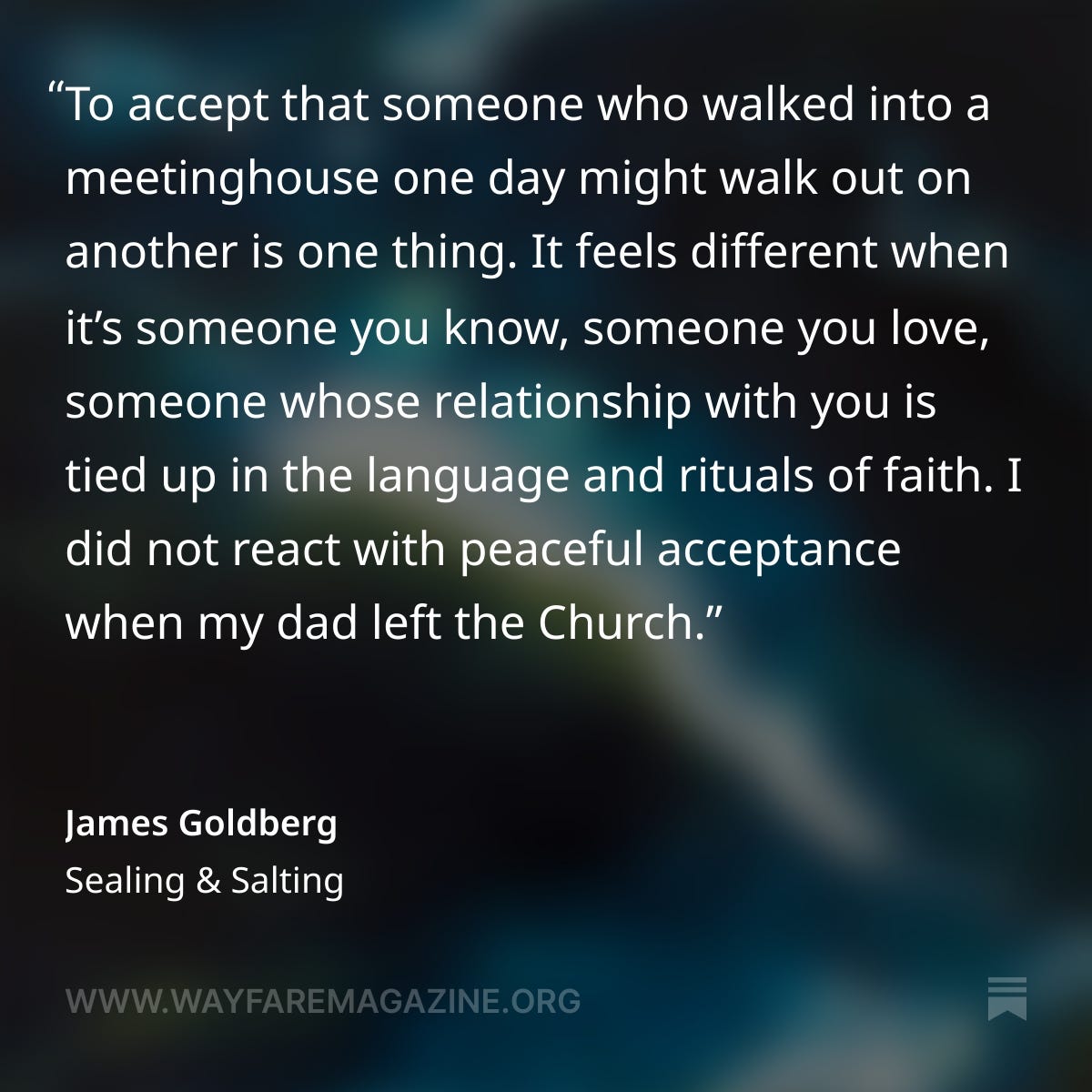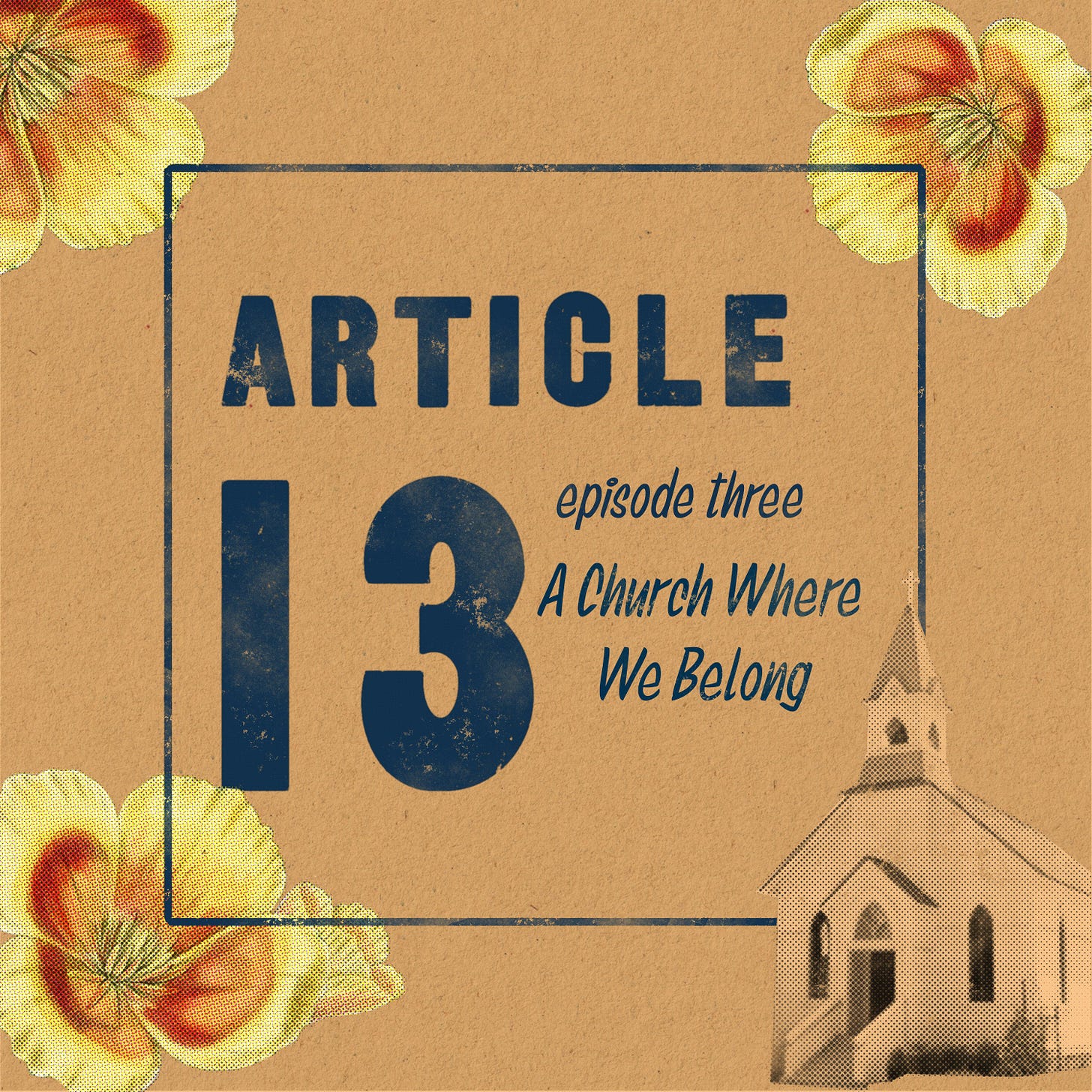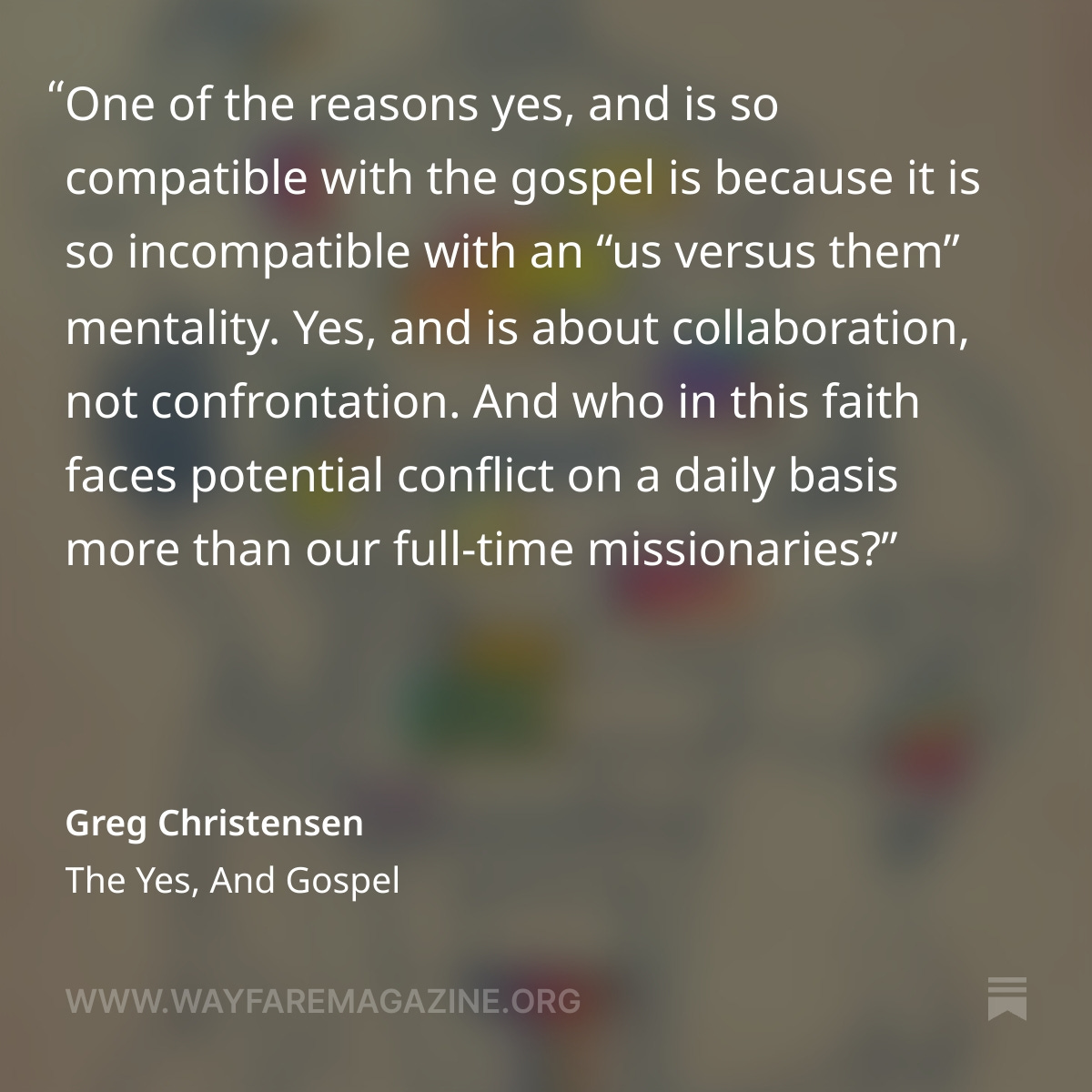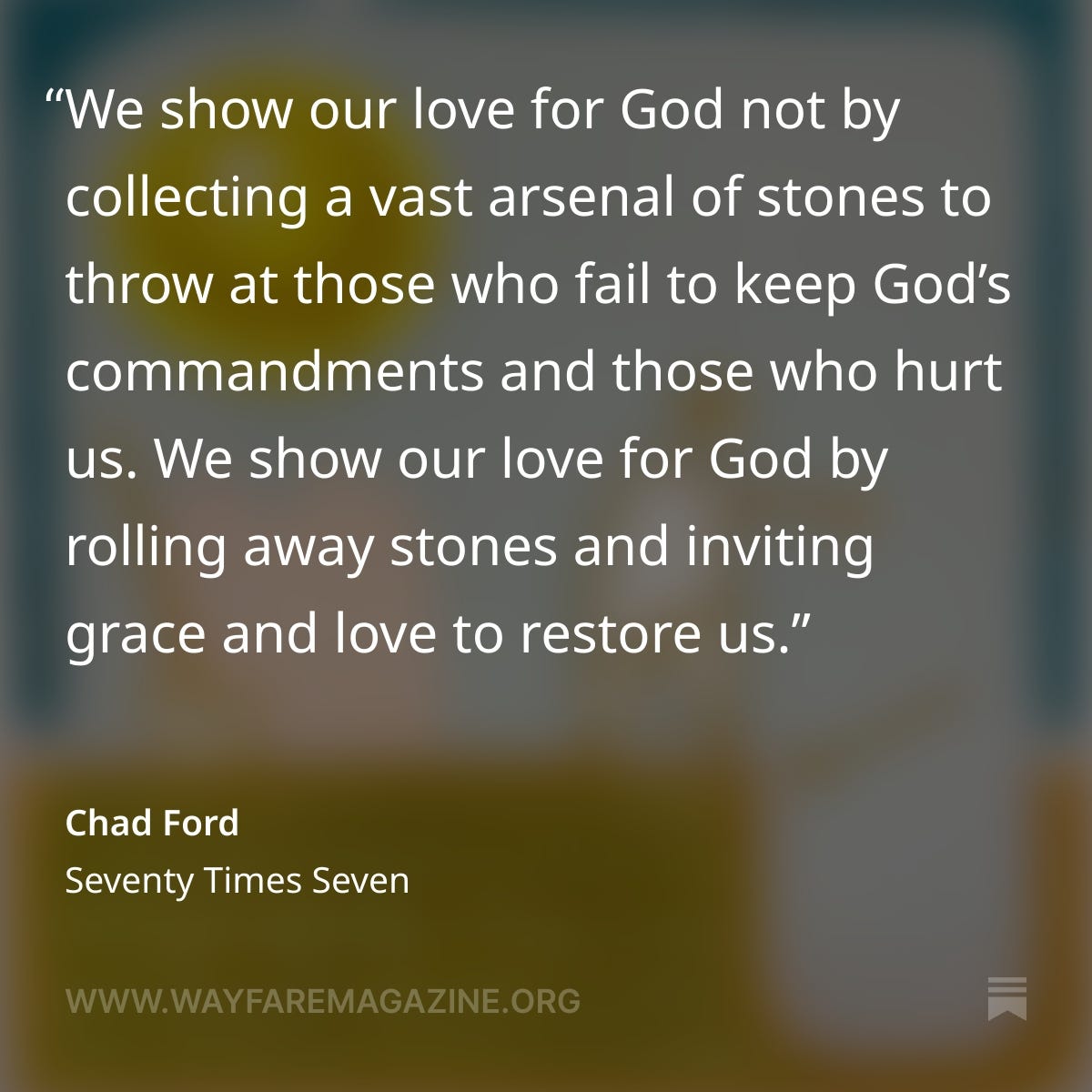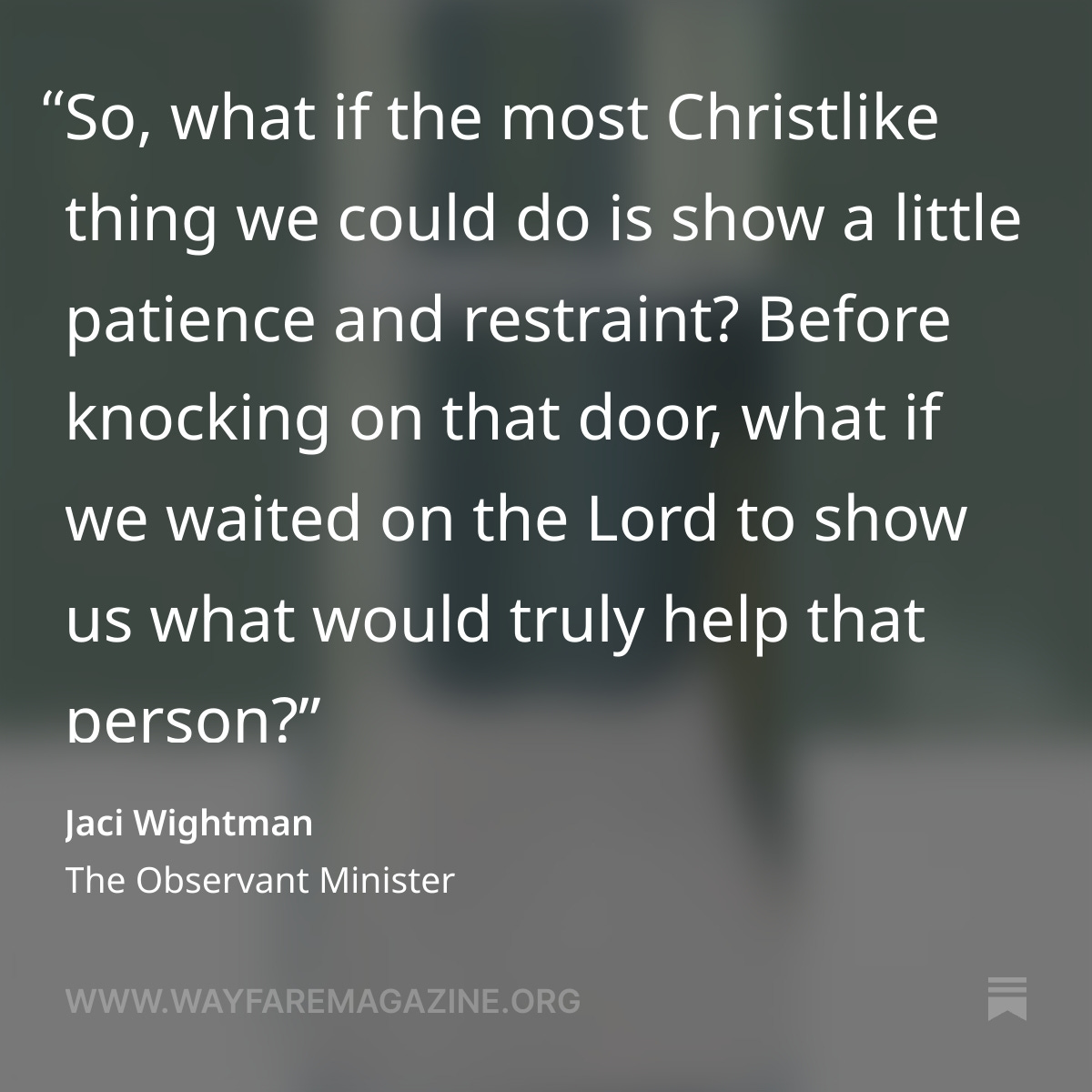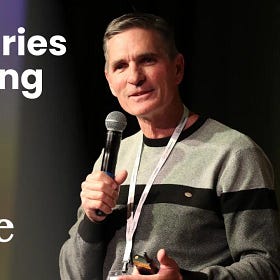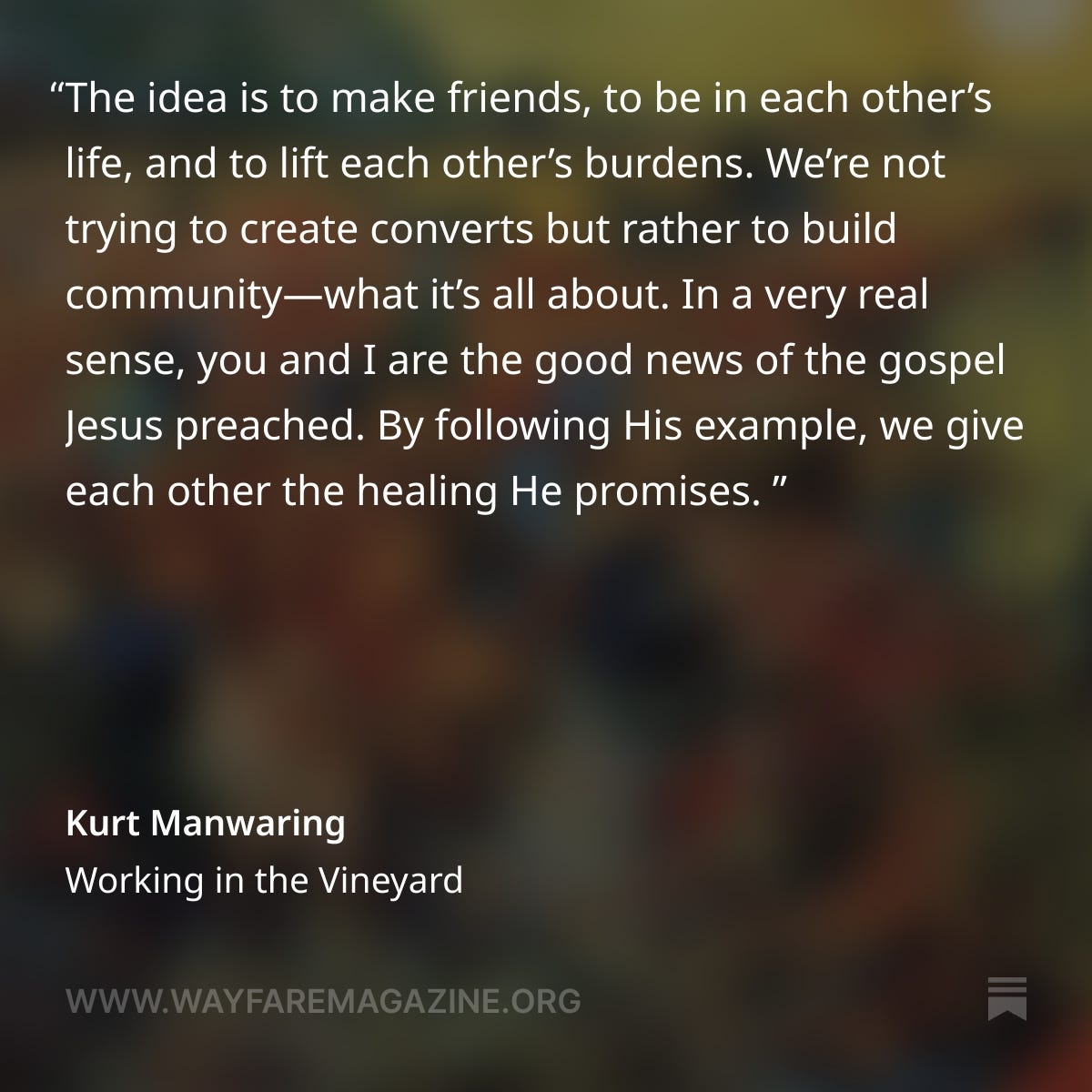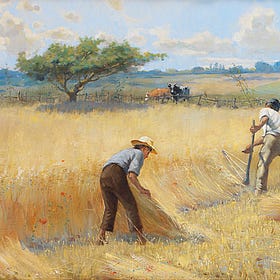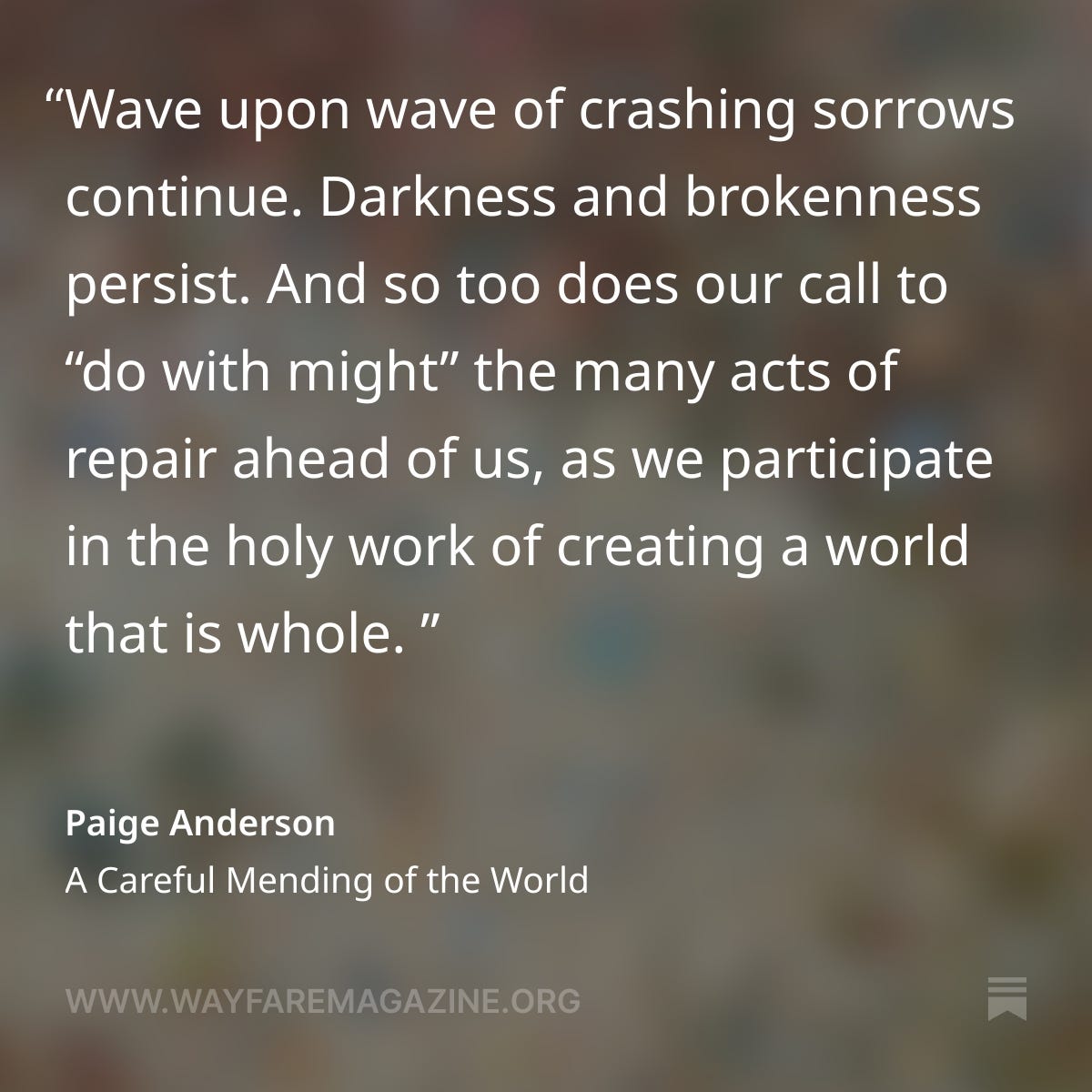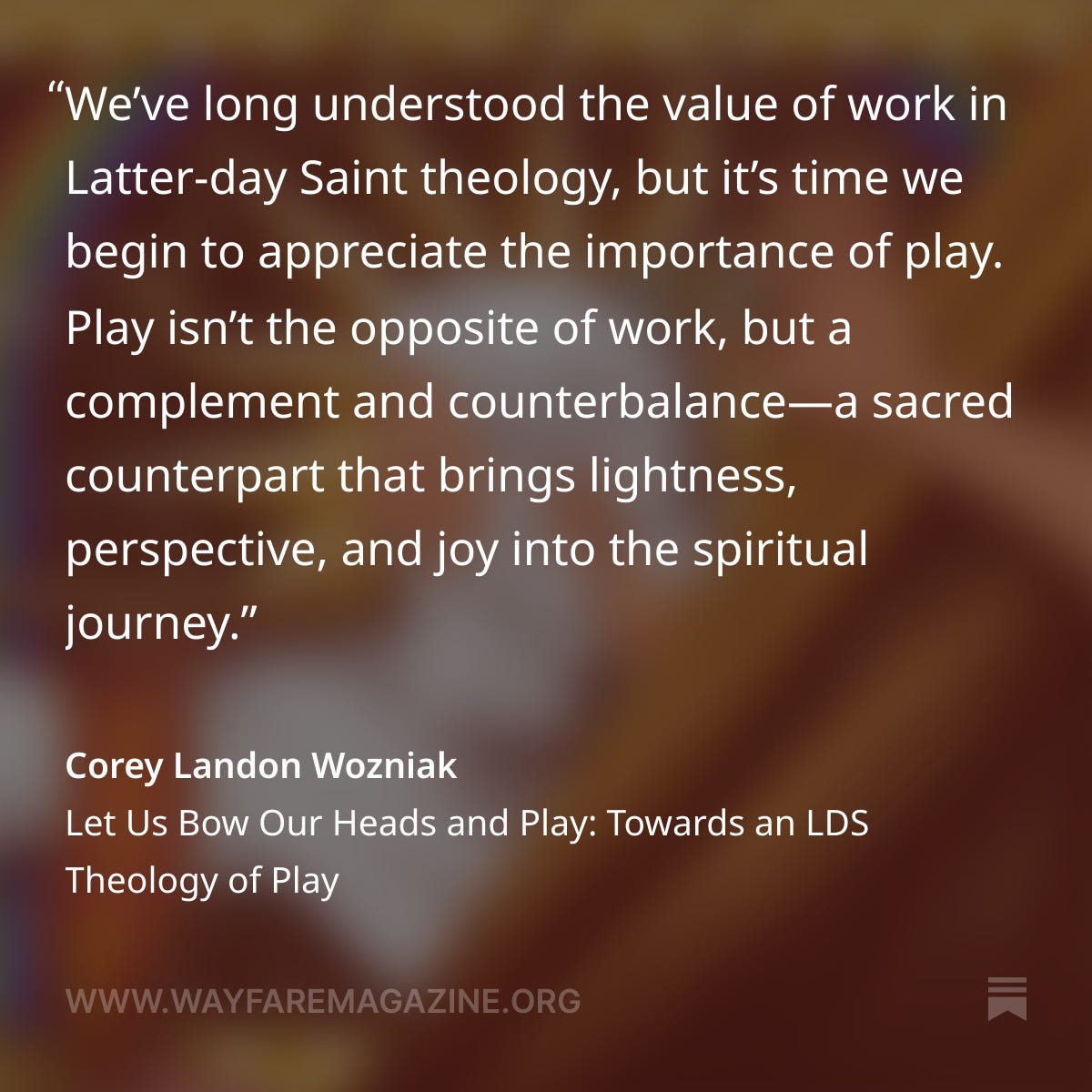How should we respond to people who leave the Church or criticize our beliefs?
Faith Matters resources to accompany your Come Follow Me study: June 30-July 6
The Spirit will guide me as I proclaim the Savior’s gospel. I can defend the truth by sharing my testimony.
Read “Attending,” chapter 6 of Hannah Packard Crowther’s book Gracing:
From everything I hope about Jesus, I want to assume a larger reach over a smaller one—that He is gathering all the baby chicks under His wings, that He is pulling us from our root-bound pots and planting us in bigger ones. I crave an expansion of the rigid boundaries that we all draw too small.
But sometimes in trying to do this, I’ve gone about it all wrong.
Once, when my brother had recently left the Church, our family participated in virtual religious conversations. My brother was concerned with the “only true church” narrative, the whitewashing of our history, and the tendency to substitute works for Christ—prophets, temples, or baptism as replacements for Jesus and unnecessary intermediaries between us and Him. He disliked religious rituals such as group prayer being held up as substitutes for meaningful personal communion with God. He wasn’t a fan of checklists taking the place of Jesus or works as substitutes for grace.
I believe many of his concerns were valid. But I was slow to add my voice to those valid critiques. And I didn’t recognize the weight of his struggle with truth and belonging. I took the defense and he took the offense. Neither of us heard each other quickly enough. Our trust in each other waned.
As we conversed back and forth, wrestling through the weeds, ultimately, I think our relationship wasn’t strong enough to handle the struggle. Tension arose, and now we just keep certain topics off the table. I don’t know how to heal the divide, and it hurts.
My interactions with him felt helpful for me—in that they helped me slowly unpack my own beliefs, coming to understand the good and challenge the bad. But I didn’t know how to attend to my brother’s needs in a way that was helpful for him.
The alternative narratives replayed in my head. Maybe I could have said, “I can see how your experience of temple attendance and the sacrament was not one of grace for you.” I could have tempered zeal for the truth I saw with more seeing and validating of the truth he saw. Or I simply could have said, “I don’t understand, but please know I love you.”
Perhaps a more attentive response was called for: “Can you tell me what it was like for you to participate in all those rituals that felt hollow? Can you tell me about what practices work well for you now?”
I didn’t see how to give my brother what he needed. I tried to make it right but didn’t know how. I lost a part of him, and it will take time to recover.
Sorry, Brother.
In our attempts to speak truth, bear testimony, and defend our ideals, we can alienate people. We sometimes correct when consoling is needed. … Too often, we fail to mourn when it is needed.
As members of the body of Christ, there is a “time to weep, and a time to laugh. . . . a time to speak,” and a “time to keep silence” (Eccl. 3:4–7).
I want to be better at weeping.
And silence.
Keep reading here, and join our summer book club to discuss this book with the author and others in the Faith Matters community!
“Our most urgent task isn’t convincing people to believe or arguing them out of atheism. In fact, it may not require any arguments at all. … If we want to slow or reverse dechurching, the most important thing we can do is learn how to build better relationships – especially with people who haven’t felt fully seen or cared for within the church.”
Chad Ford: 70x7
Chad reminds us that Jesus’s path is anything but passive. It doesn’t mean disengaging or avoiding hard conversations. It means choosing to engage with both courage and compassion. It means refusing to meet harm with more harm, and instead walking a path that invites healing, reconciliation, and transformation.
The Lord blesses me through the ministry of leaders like bishops. The Lord has called a bishop to help me.
James Goldberg: The Blessings of a Quirky Ward
Maybe what makes a ward great isn’t how aligned everyone is theologically or politically, or how smoothly things run, or how polished people are in their callings. Maybe it’s just about creating a group of people who are all rooting for each other—through the everyday moments, the imperfect efforts, and the callings that stretch us. It’s about showing up with love, having each other’s backs, and learning to see one another the way God does—with patience, grace, and deep affection.
We hope this episode might just help you love your ward a little more—with all its quirks and imperfections. We hope it helps you see the people around you with a little more grace, a little more humor, and a little more tenderness.
George Handley on Lowell Bennion: Integrity and Institutions
"I don't know a single bishop or a single Relief Society president who can do their job without somebody telling them that they're maybe missing something, right? That's what councils are for. That's what counselors are for. That's what the lay structure of the church is built on, is that we give feedback to one another."
I have many opportunities to share the Savior’s gospel.
Jeff Strong: Missionaries Ministering Through Service
In this episode, you’ll hear about Jeff’s experience as a mission president of the Bentonville, Arkansas Mission where he and his wife led a phenomenally successful pilot program with his missionaries. We’ll let Jeff fill in the details — but for us, the story of the Bentonville, Arkansas mission has totally revolutionized the way we imagine missionary work and we can’t wait for you to hear about it.
True and Living Church: Bearer and Receiver of Gifts
Is there a way Latter-day Saints can authentically testify that they know the Restoration is true without sounding (or being) either naïve or intolerant?
“Labor with your might … proclaiming the truth.” I can give my best effort to the Lord.
Missionary, a new definition:
Missionaries are people who teach about God not just with their mouths but with their hearts. They are often unknown and unheard. They are sometimes despised and rejected. They can seem weak and silly and inconvenient. But they bless the world wherever they go. And if you tell a missionary to go away and never come back, the missionary might feel down, or sad, or unsuccessful. But if the missionary keeps loving, they are still a missionary.
—Josh and Sarah Sabey, “Jacob’s Big Idea and The Missionary who Prayed and Prayed”
Jeff Strong: Getting Real About Missionary Work
For this episode, we spoke with Jeff Strong about the experience of missionaries in today’s mission field, including the unique challenges and opportunities they face. This conversation was based largely on a document Jeff wrote, called “What One Mission President Would Tell His Own Grandchildren About Serving a Mission.” Jeff wrote this document after his experience as the mission president of the Bentonville, Arkansas Mission.



